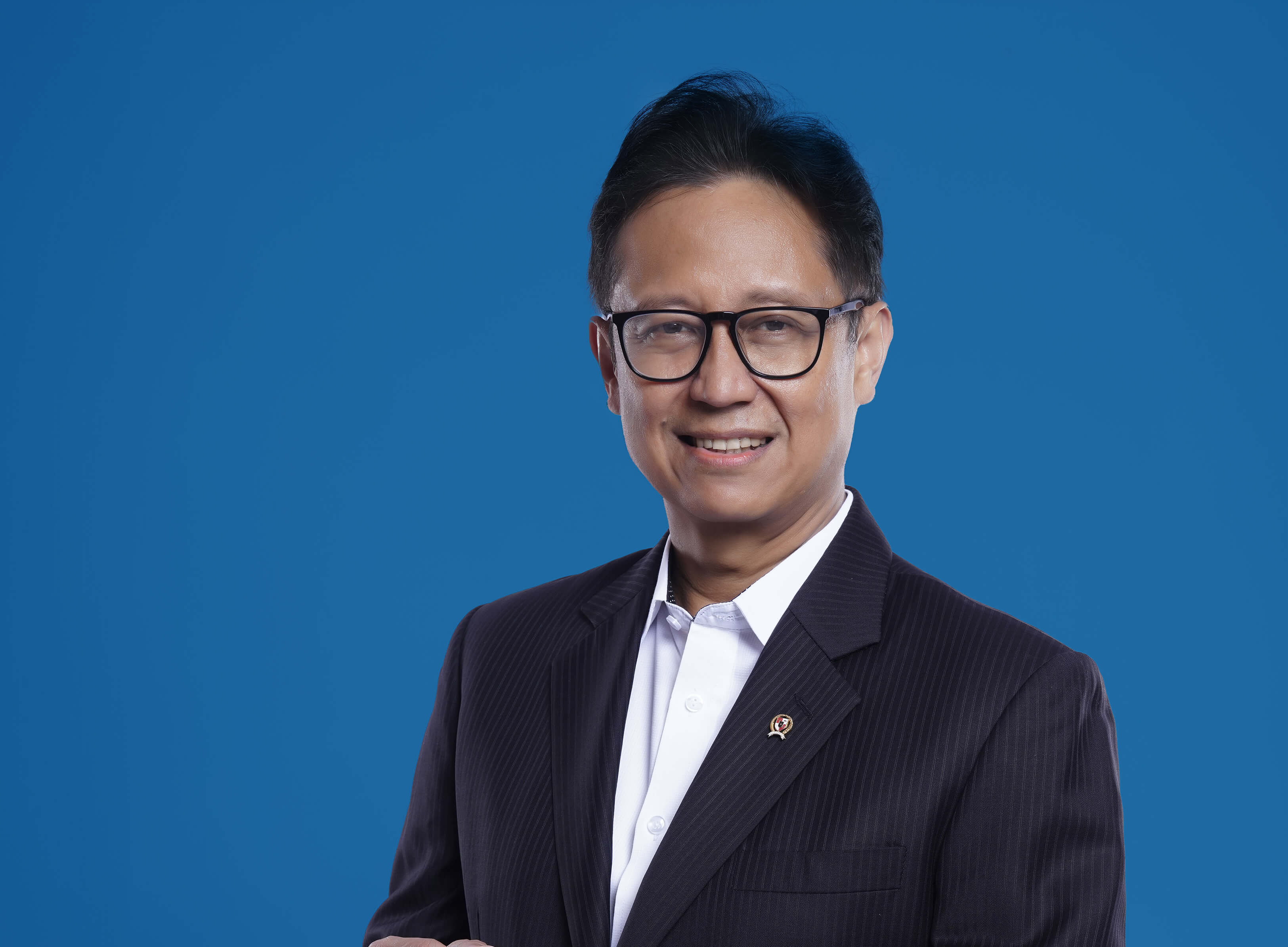


Krisana Kraisintu dedicates her life to ensuring that everyone has access to affordable healthcare. She studied at Chiang Mai University, Thailand, and continued her study at University of Strathclyde, and University of Bath in the United Kingdom.
Over the past 40 years, she has worked in the pharmaceutical industry in various roles of quality assurance, manufacturing, research and development, and business development, to name a few.
She developed the first generic HIV drug combination, zidovudine (AZT), and helped reverse the HIV/AIDS epidemic in Thailand. She also developed an inexpensive drug “cocktail” which was chosen by the World Health Organization as the first treatment for patients in poor countries. While working for Thailand’s Government Pharmaceutical Organization, Kraisintu developed 64 herbal-based medicines to treat various diseases, including diabetes and hypertension.
This Ramon Magsaysay Award recipient spent seven years in Africa to assist and provide technical know-how in manufacturing HIV/AIDS and antimalarial drugs in 17 countries, including Kenya, Congo, Senegal, and Ethiopia.
Kraisintu is known as Thailand’s ‘gypsy pharmacist,’ as she is always on the move. Through the Krisana Kraisintu Foundation, she still travels around the country to help communities build their own mobile laboratories and manufacture affordable medicines.
In her own words:
I always believe that everybody should get access to treatment, whether you are rich, poor, white, black, or whatever. This is basic human rights. The condition is better now in Thailand. But how about the rest of world, especially in African countries. There are still a lot of problems there. Another problem I found during my field works is about the empowerment of women, especially housewife. That’s why I am involving women in every of my project now.
My works now focus on the community works; I try to teach communities to produce drugs by themselves, especially herbal medicines. It is important to produce drug locally. People cannot rely on importing drug donation all the time. Once the donation is done, what are they going to do if they cannot produce drugs by themselves? I have this mobile herbal plant processing truck that goes to communities in southern Thailand, so they do not have to go to Bangkok to cultivate the materials they gather. I’m now developing a mobile quality control medicinal plants to complement the mobile processing truck which will be finished by next year.
When I go to the communities, I work with young people and older persons, many of whom are women in their 60s and 70s who are still highly active. I set up a work model and the young can follow the model and when I leave the communities, they can take over the work. When a project ends in one place, I move to another one; I don’t want to get too attached.
“Helping poor people and seeing them happy bring a lot of happiness for me, and in turn brings me lots of power and that makes me don’t want to stop. There are still many sufferings in this world. I know I cannot help them all, but I can help as much as I can. I can be born 10 times, but I still cannot finish my work. I am 68 years old now, although I may look like 80, my time is limited. I cannot move as fast as before, and because of this COVID-19, I must stop. I do not involve in any development of COVID-19 vaccines; I’m too old to do that. I will just focus my activities on social problems that do not need me to stay in laboratory.
Interviewed by Mary Kathleen Quiano-Castro and Novia D. Rulistia. The conversation has been condensed and edited for clarity. The views and opinions expressed in the text belong solely to the interviewee and do not reflect the official policy or position of ASEAN.








